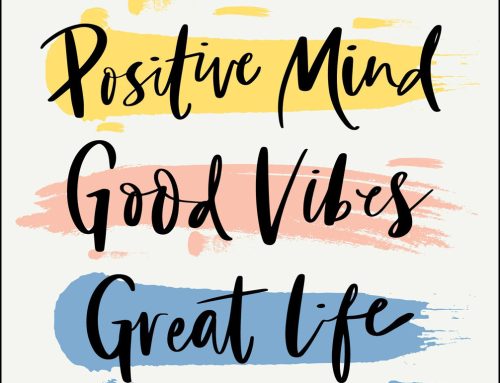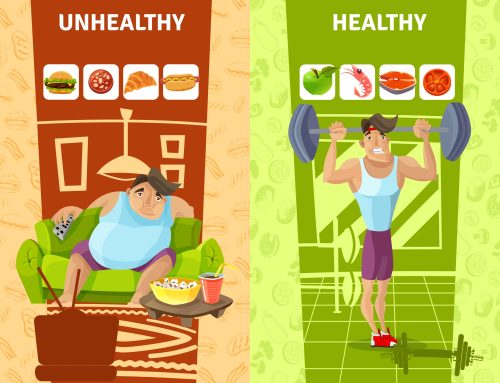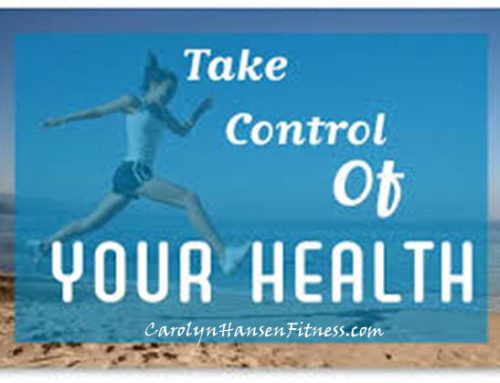 Obesity is without a doubt an epidemic of sorts worldwide. One of the primary reasons it has become such a problem worldwide is that the appetite control system hormones have been messed with and are no longer balanced and healthy.
Obesity is without a doubt an epidemic of sorts worldwide. One of the primary reasons it has become such a problem worldwide is that the appetite control system hormones have been messed with and are no longer balanced and healthy.
Truth is, hunger is a far more complex physiological state than we give it credit. Internal biological processes tell you whether you are hungry or full.
Your appetite control system is a maze of complex chemical interchanges and interactions between your brain, nervous system, and metabolic hormones. These work in concert to tell you whether or not you need food. They identify when energy and fuel is required but they can get out of balance, go haywire and begin sending faulty signals.
These faulty signals cause you to reach for food when you are not even hungry or they allow you to continue eating even though you are full. In other words they trick you into believing you are hungry when you are not.
There are two primary kinds of hunger:
Normal physical hunger
The number one hormone that needs to be kept in check is insulin. When this hormone is healthy and functioning properly it sends signals to your fat cells to mop up excess glucose (or blood sugar) in the blood and convert it into fat for storage as a future energy source.
This type of hunger happens when the stomach has been running on empty for several hours. The feelings of hunger start slowly but intensify the longer that no food is taken eaten.
Often times after working out or intense physical labor when you have exhausted your existing energy stores, you will feel this type of hunger setting in.
This is good hunger. It is signaling your body’s need for more nutrients and energy. When you finally eat something you get relief from this type of hunger feeling right away.
Hunger is a good thing. It is an important signal that helps to maintain the state of our bodies, which are highly-evolved survival machines built to withstand long periods of harsh conditions.
Your body employs two self-preservation methods when it feels threatened or believes that food is scarce (for whatever reason).
Your metabolic rate (the rate at which your body burns fuel) is slowed to conserve energy.
An uncomfortable state of hunger is establishes which is your body’s attempt to drive you to find food and eat it.
Hormone Driven Hunger
This type of hunger has nothing at all to do with mealtime or your body crying out for nutrients. This kind of hunger comes on suddenly. It is a gnawing intense hunger that usually strikes right after you have had a meal and causes irrational carvings for specific foods – especially high sugar or high carbohydrates.
It can create a near continual desire to eat overwhelming the most determined, faithful dieter.
Because this kind of eating is hormone driven, it leaves in its wake mood swings, anxiety, stress, and a low energy state. Human emotions have been identified as the trigger for this pattern of eating so it is often termed “emotional eating.”
Emotions do without a doubt play a huge role however science is revealing that it may be more than just “human emotions” at play but an interplay between various “out of balance” hormones in the body.
Everyone has reached for their favorite foods even though they are perfectly aware that they are not experiencing any hunger pangs. That is hormonal driven hunger and it is extremely compelling!
To avoid being tricked by hormonal driven hunger you need to eat often and supply your body with the nutrients it needs to keep your hormones in balance.
To avoid experiencing natural hunger you should try to eat before you become hungry or at least respond to your first hunger signals. By eating shortly after the body’s first signal that food is needed we are better able to control our intake of food with the ability to slow down and appreciate and pay attention to what we are eating.
This empowers us with the ability to stop eating when our body signals to us to stop.
For more tools and resources from Carolyn Hansen to assist you in attaining your health and fitness goals and achieving the success you desire in life, please visit:





Leave A Comment